Happy Place – Review and Summary
An engagement party would be the perfect place for someone questioning their sexuality to find their first same sex partner, right?
Amari is the founder and head writer of Wherever-I-Look.com and has been writing reviews since 2010, with a focus on dramas and comedies.

An engagement party would be the perfect place for someone questioning their sexuality to find their first same sex partner, right?
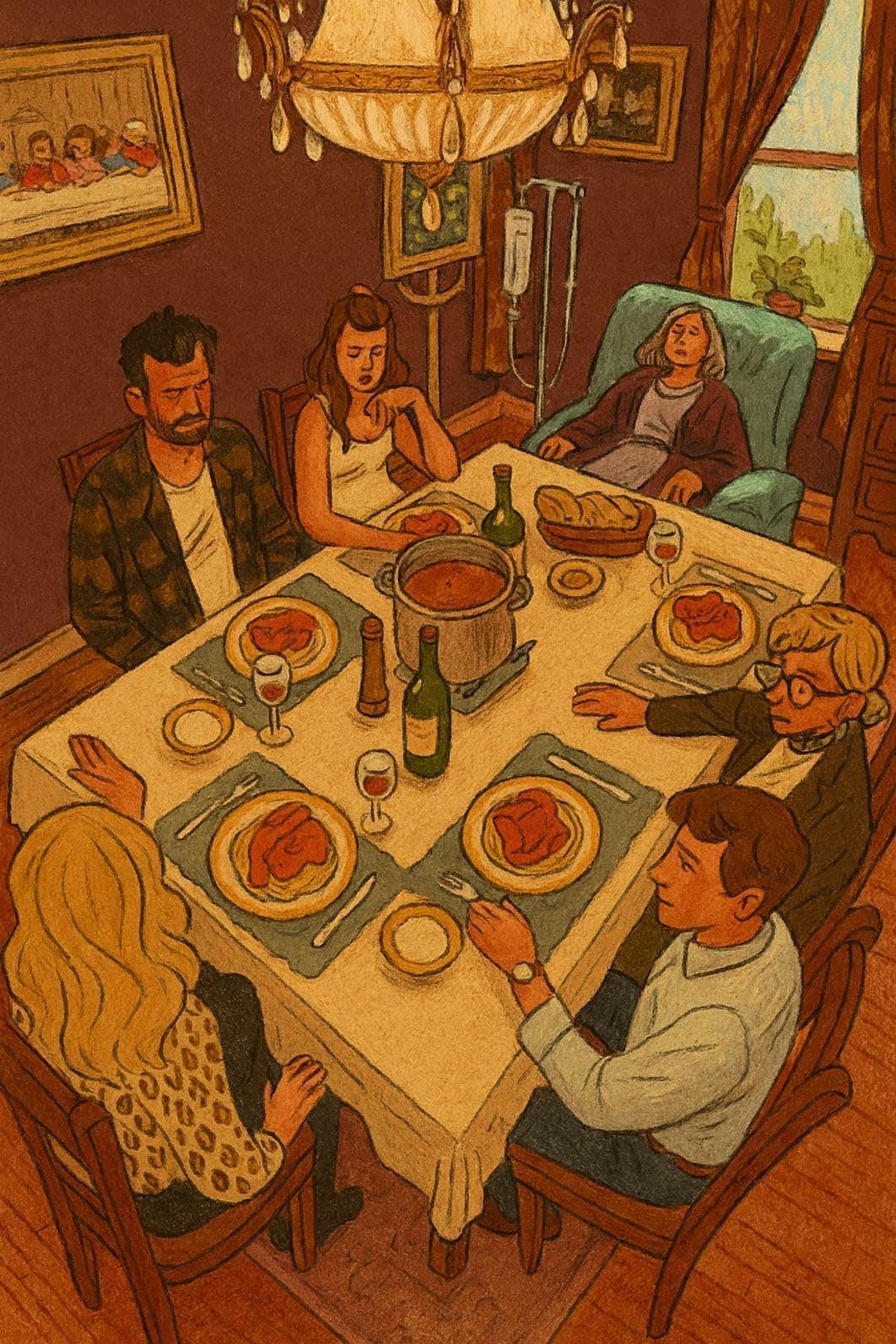
A down-low man’s worst fear comes true.

If the ends justify the means, what’s wrong with showing a little something?
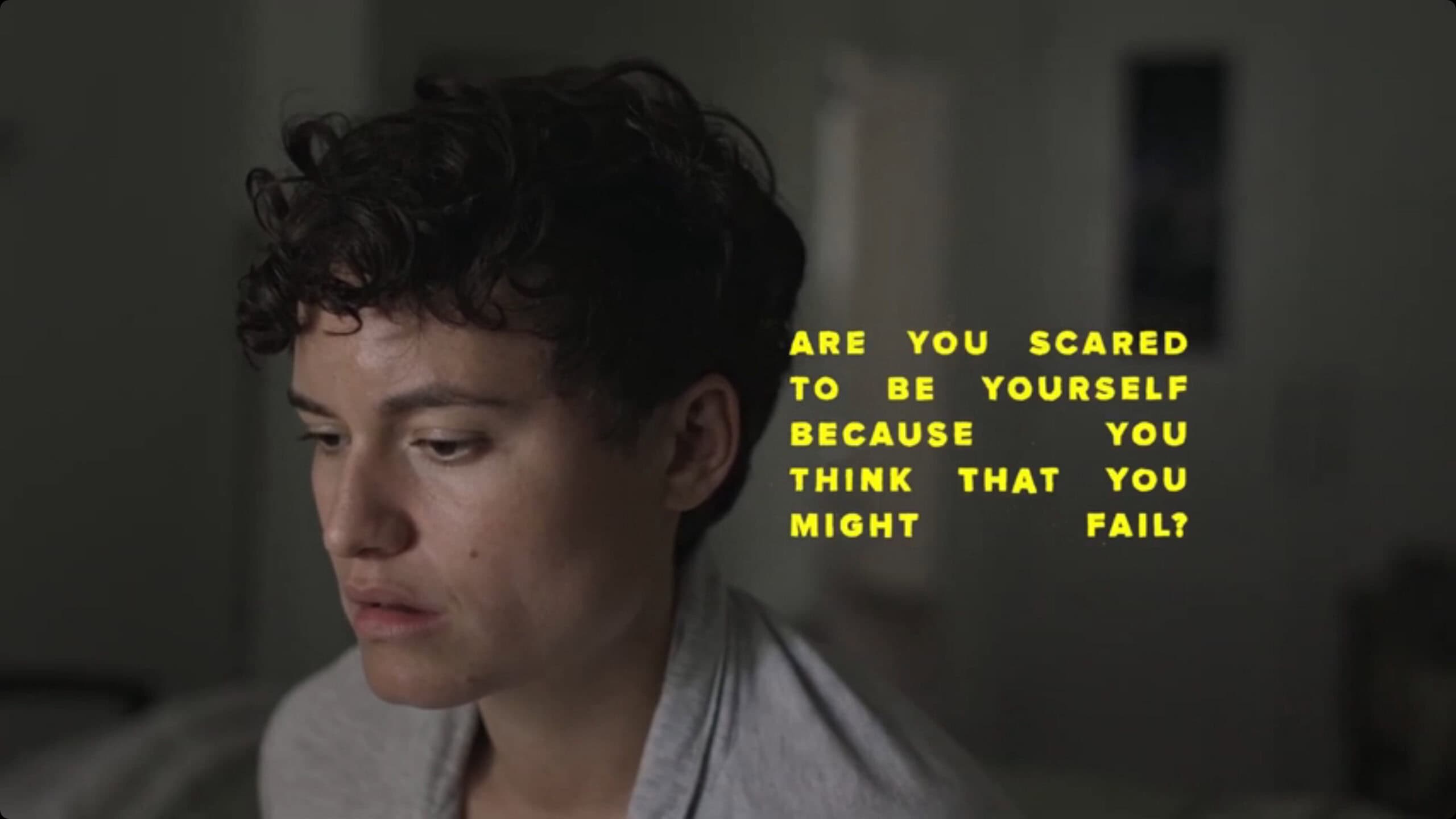
While most focus on the physical transformation trans people go through, the mental and emotional gets displayed in this short.
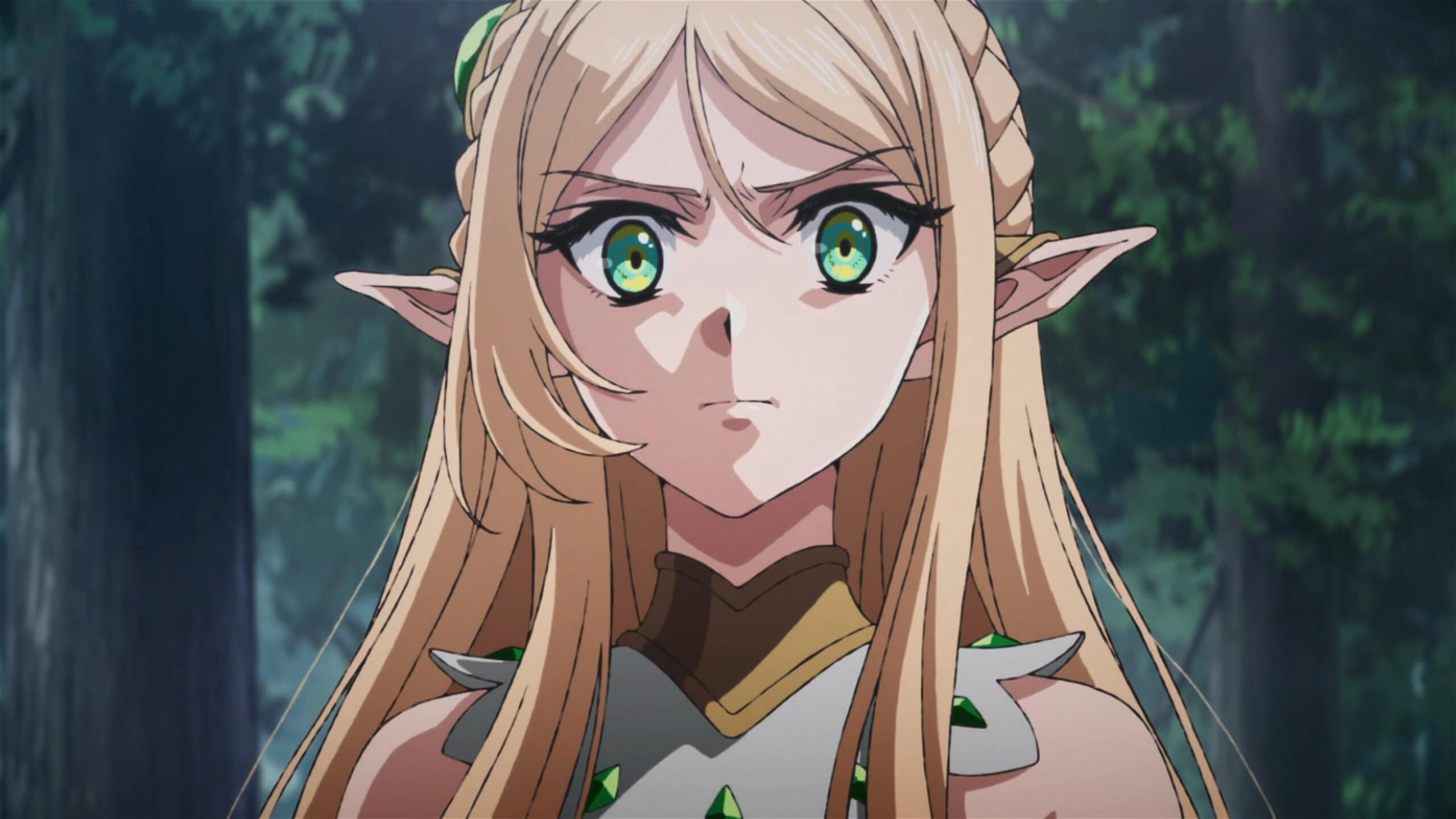
While Akira recommits himself to revenge, he comes across a demon cat and Amelia’s past.
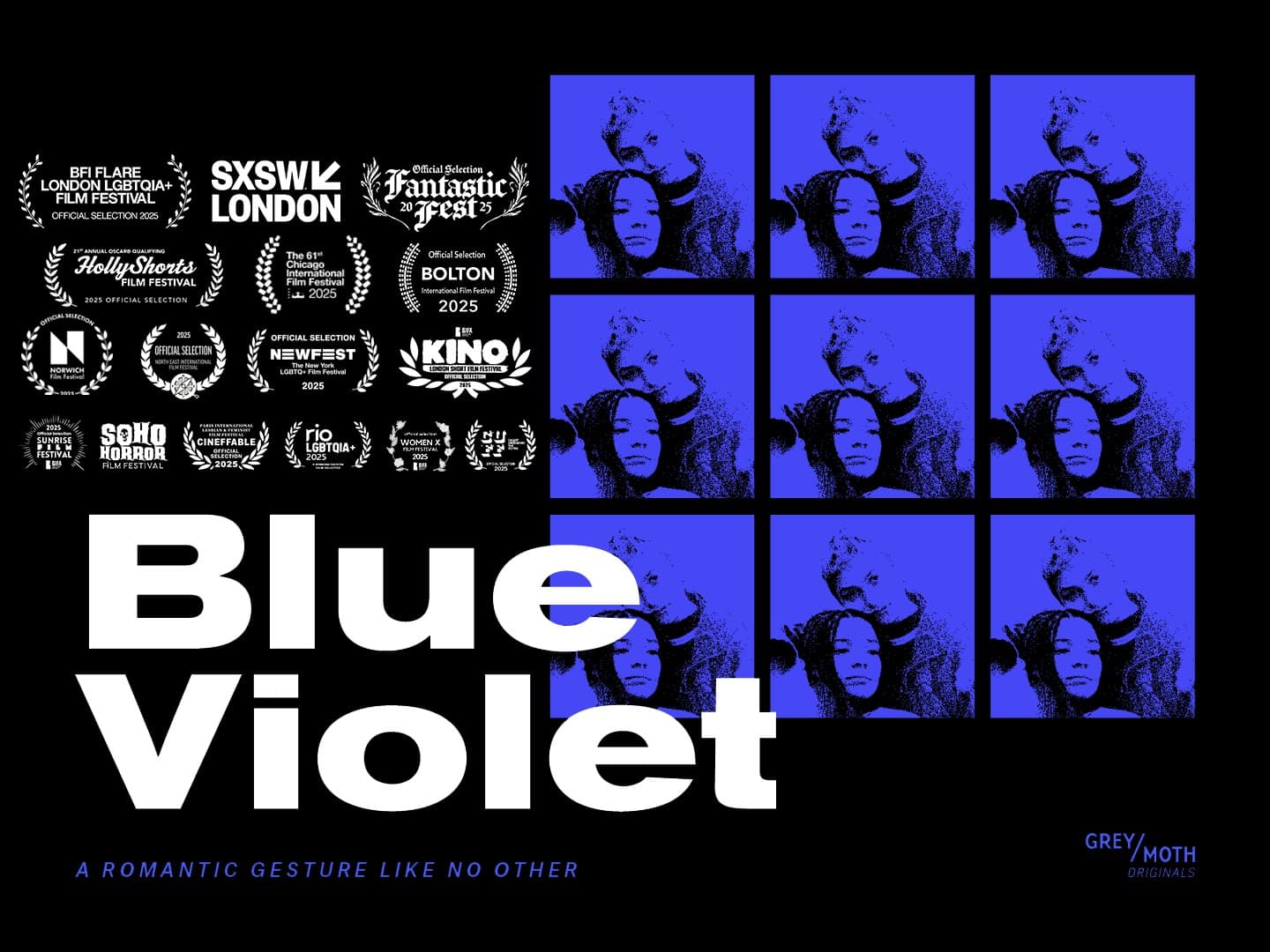
Love makes a person do crazy things.
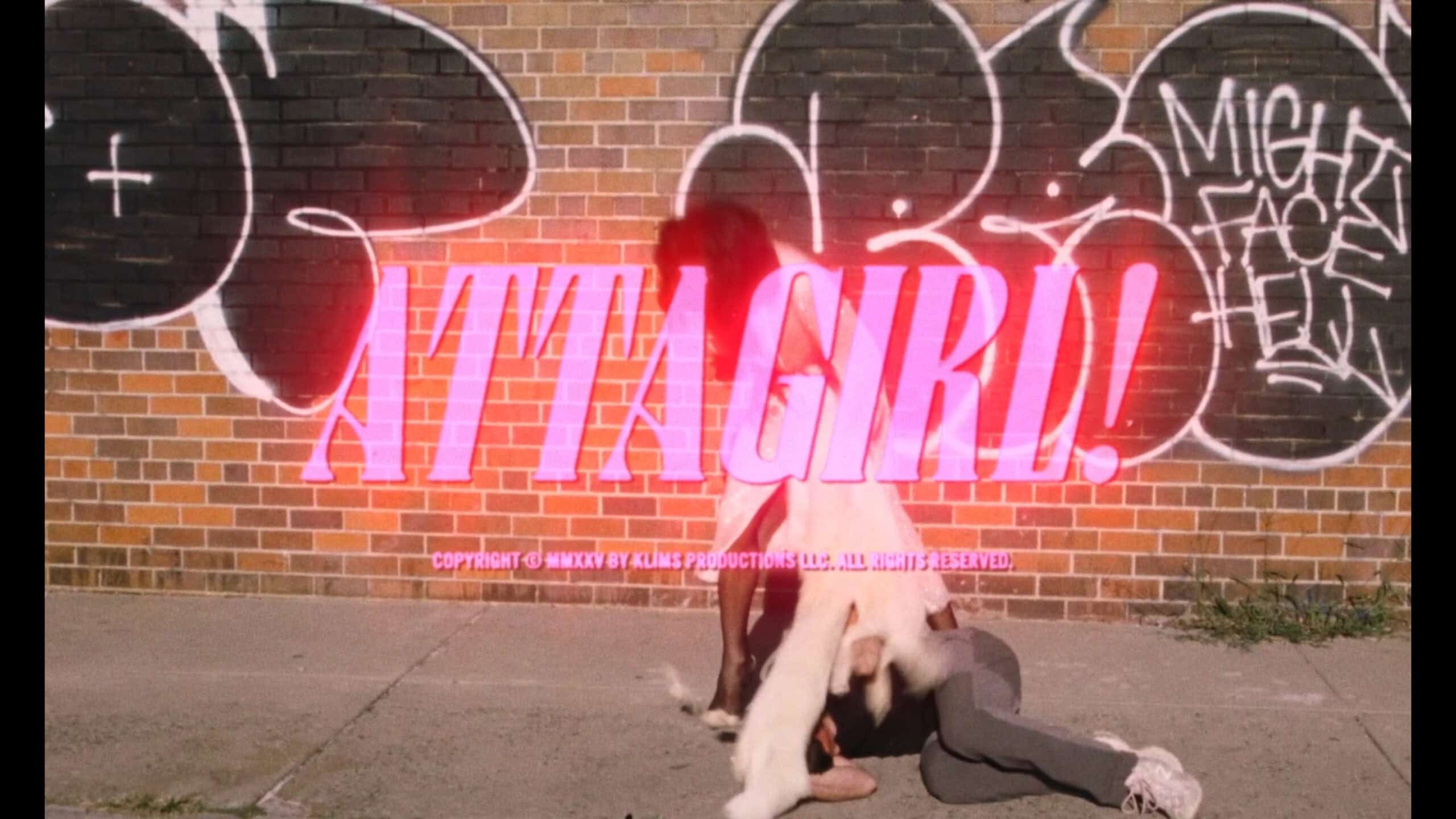
With a score and vibe that is reminiscent of the Blaxploitation era, Attagirl! is worth finding.
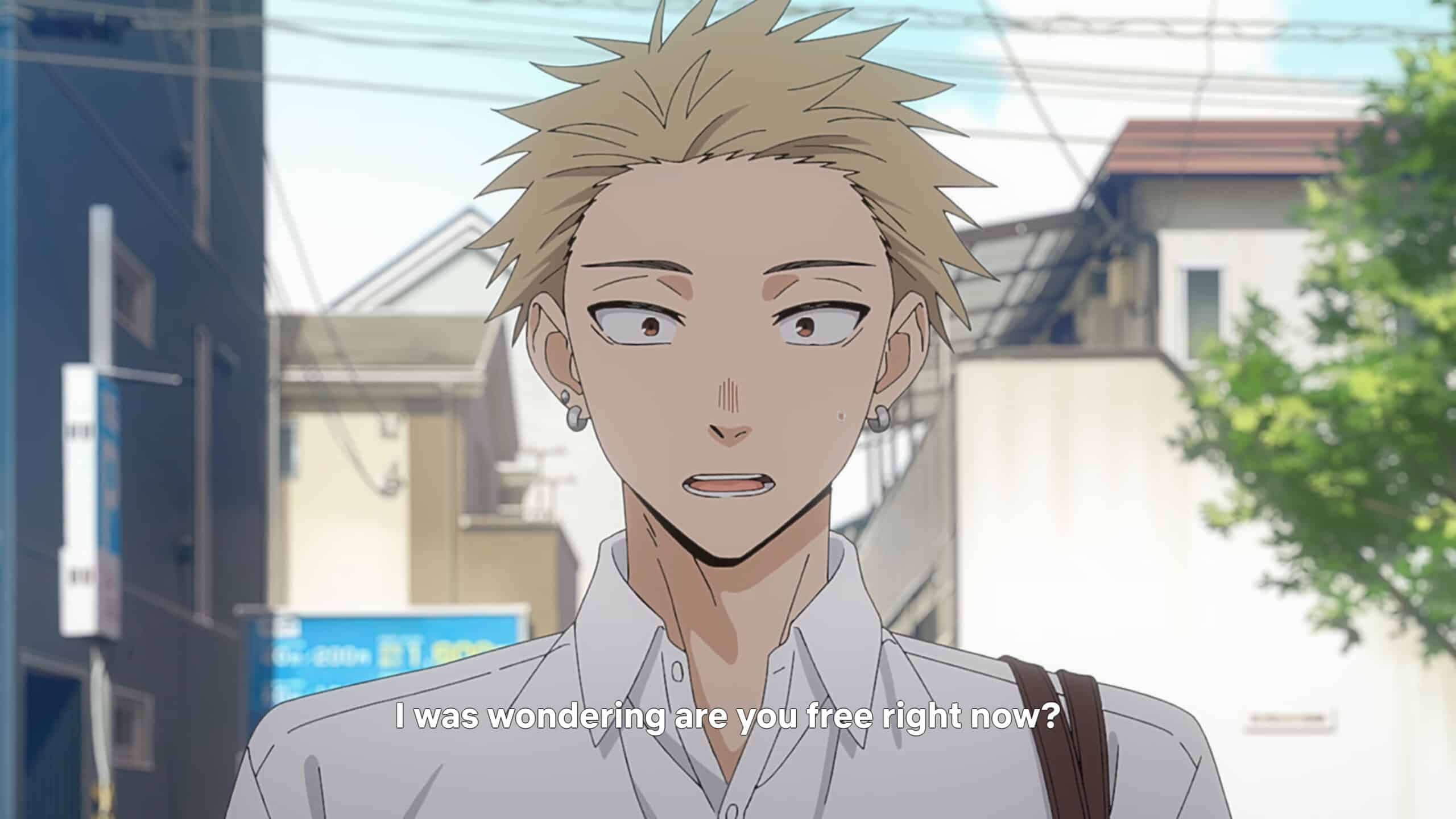
With removing the obstacles of their friends having beef, Rintaro and Kaoruko can move ahead with pursuing a relationship.

A young woman in foster care tries the patience of an adult trying to find her somewhere to live, even if just to her 18th birthday.

Young love is tough, but it can be made easier when your father tries to be there for you – no judgement.